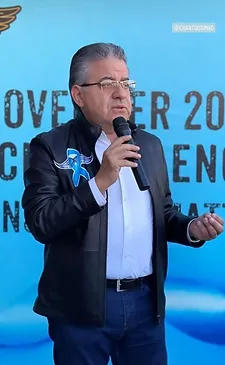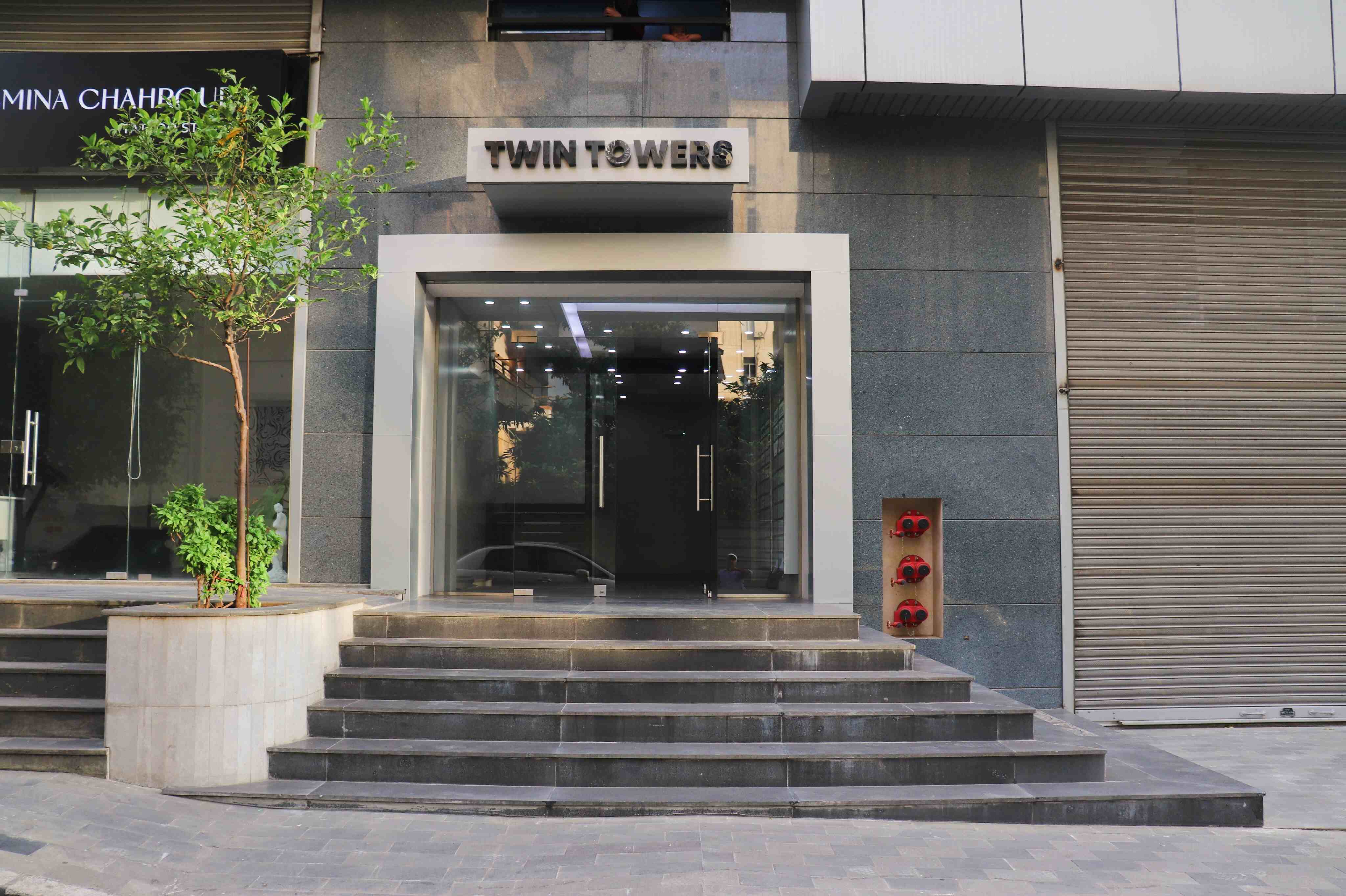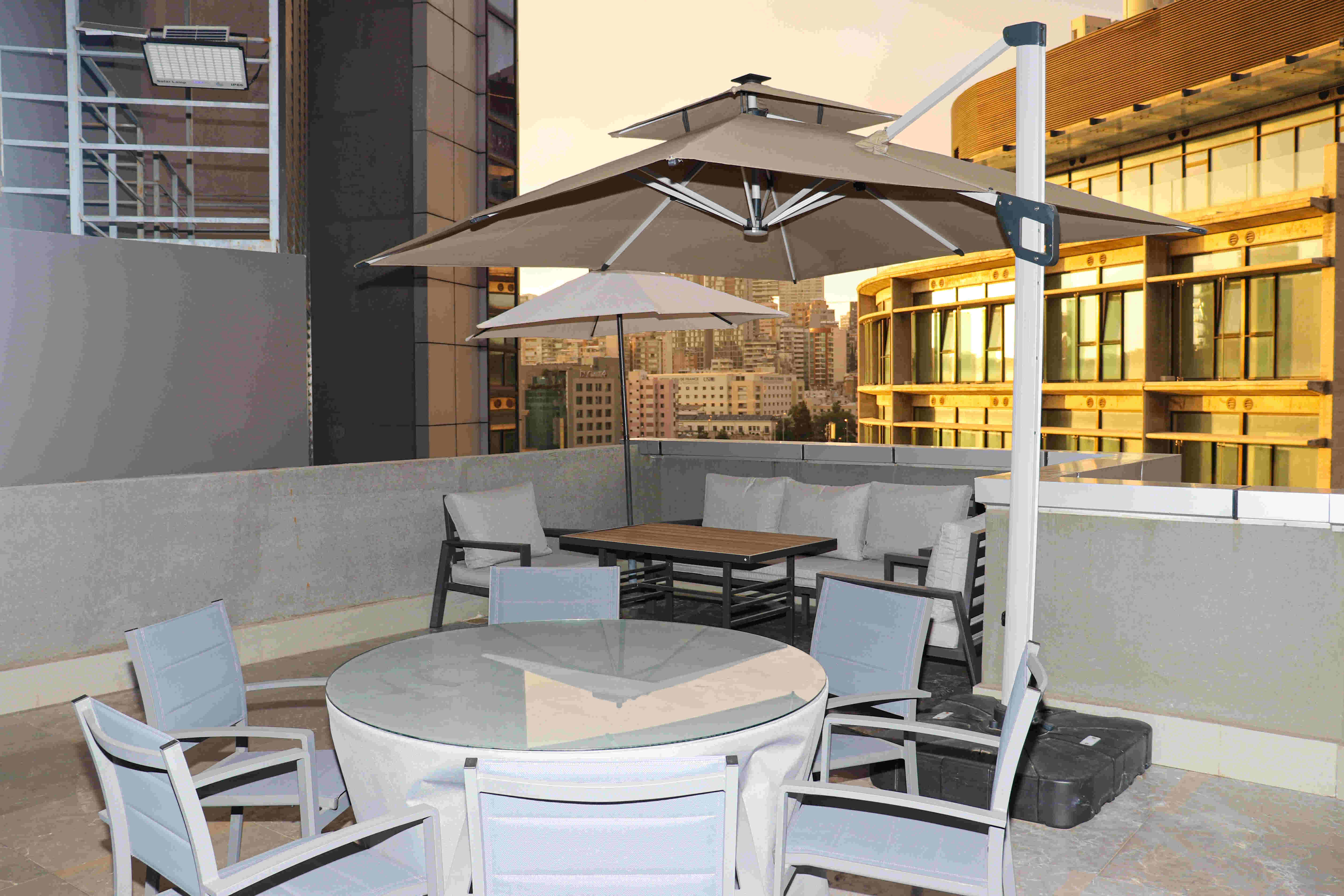
Clinics
U&MHC MEDICA Building 3rd floor,
Beirut Center
Hours of Operation:
Monday: 7:30am–7:00pm
Tuesday: 7:30am–7:00pm
Wednesday: 9:30am–12:30pm
Thursday: 7:30am–7:00pm
Friday: 7:30am–7:00pm
Saturday: 8:00am–10:00am
Sunday: Closed
Saint George Hospital
Hours of Operation:
Monday: Closed
Tuesday: Closed
Wednesday: 3:00pm–8:00pm
Thursday: Closed
Friday: Closed
Saturday: 9:30am–5:00pm
Sunday: Closed
Zahle Clinic
Hours of Operation:
Monday: Closed
Tuesday: Closed
Wednesday: 3:00pm–8:00pm
Thursday: Closed
Friday: Closed
Saturday: 9:30am–5:00pm
Sunday: Closed

Center
Adlieh Clinic
Hours of Operation:
Monday: 8:00am–9:00pm
Tuesday: 8:00am–9:00pm
Wednesday: 8:00am–9:00pm
Thursday: 8:00am–9:00pm
Friday: 8:00am–9:00pm
Saturday: 8:00am–3:00pm
Sunday: Closed
Twin Towers Center, Adlieh, Sami El Solh
Membership & Special Discount Card
Are you looking for quality care at an affordable price? Our Urology and Men's Health Discount Card is your ticket to exclusive savings on a wide range of essential services.
Get my own card?Make an Appointment
Gallery
Frequently Asked Questioins
-
What conditions do urologists treat?
Urologists specialize in diagnosing and treating conditions related to the urinary tract and male reproductive system. Common conditions include urinary tract infections (UTIs), kidney stones, bladder problems, prostate issues, erectile dysfunction, male infertility, and cancers of the urinary tract and male reproductive organs.
-
What are the symptoms of a urinary tract infection (UTI)?
Common symptoms of a urinary tract infection (UTI) include a strong, persistent urge to urinate, a burning sensation during urination, cloudy or strong-smelling urine, pelvic pain (in women), and rectal pain (in men). If you experience these symptoms, it is important to seek medical attention for proper diagnosis and treatment.
-
How is erectile dysfunction diagnosed and treated?
Erectile dysfunction (ED) is diagnosed through a combination of medical history, physical examination, and possibly some tests such as blood tests, urine tests, or ultrasound. Treatment options vary depending on the underlying cause and can include lifestyle changes, medication, therapy, or surgical interventions. Consulting with a urologist can help determine the most appropriate treatment plan.
-
What is benign prostatic hyperplasia (BPH) and how is it treated?
Benign prostatic hyperplasia (BPH) is a non-cancerous enlargement of the prostate gland common in older men. Symptoms include frequent urination, difficulty starting urination, weak urine flow, and the feeling of incomplete bladder emptying. Treatments range from lifestyle changes and medications to minimally invasive procedures and surgery, depending on the severity of symptoms.
-
How can I improve my prostate health?
Improving prostate health can be achieved through a combination of lifestyle changes and regular medical check-ups. Recommendations include maintaining a healthy diet rich in fruits, vegetables, and healthy fats, staying physically active, managing stress, avoiding smoking and excessive alcohol consumption, and getting regular prostate screenings as recommended by your healthcare provider.
-
What should I expect during a vasectomy procedure?
A vasectomy is a minor surgical procedure for male sterilization. It involves cutting and sealing the vas deferens to prevent sperm from entering the semen. The procedure typically takes about 30 minutes and is performed under local anesthesia. Recovery is usually quick, with most men returning to normal activities within a few days. It is important to follow post-procedure instructions and attend follow-up appointments to ensure the procedure's success.
These FAQs provide essential information while maintaining a professional and educational tone, which aligns with Google's content guidelines.














